Second set of benchmarks find Windows 11 performance improvements, possible due to better Big.little support
2 min. read
Published on
Read our disclosure page to find out how can you help MSPoweruser sustain the editorial team Read more
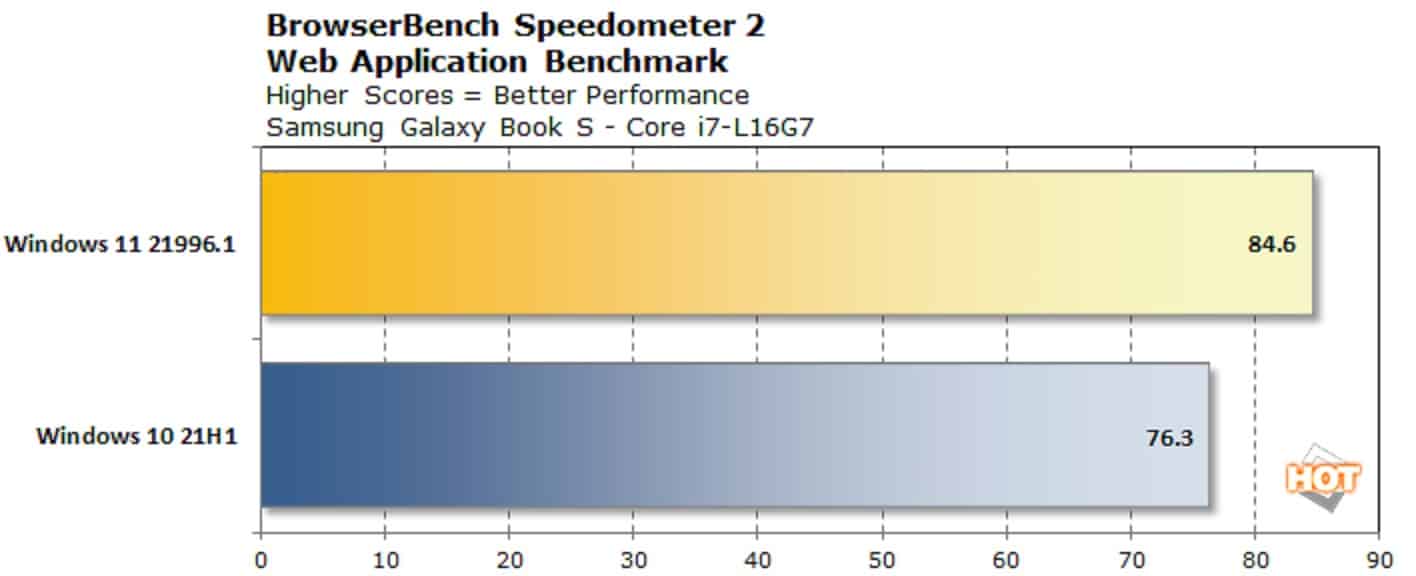
Yesterday we reported that a set of benchmarks showed that Windows 11 was up to 15% faster than Windows 10.
Today we have Hot Hardware posting their own set of benchmarks, which appear to show the same boost in performance.
The site specifically tested to see if the improvements were apparent with Intel’s Lakefield architecture, which features a Big.little architecture similar to many modern ARM processors. Previous benchmarks showed little benefit to this architecture when running Windows 10.
They benchmarked Windows 11 on the Samsung Galaxy Book S which is powered by the Intel Lakefield-based Core i5-L16G7 processor and compared it with Windows 10 21H1.
The results are as follows:
| Windows 10 | Windows 11 | |
| Geekbench 5 | Single core 875 Multi-core 1707 |
Single core 895 Multi-core 1801 |
| Browserbench Speedometer 2.0 | 76.3 | 84.6 |
| Cinebench R23 | Single threaded 708 Multi-threaded 1810 |
Single threaded 766 Multi-threaded 1842 |
| PCMark 10 | 2424 | 2490 |
| 3DMark Night Raid | 4286 | 4266 |
They found browser performance in particular saw a big boost of around 10%.
They concluded:
While the inner machinations of Windows are an enigma for most people, we have a theory as to what’s going on here in our test results. Our working theory is that Microsoft has put in a lot of work for Lakefield, perhaps in anticipation of Intel’s Alder Lake, with respect to the Windows scheduler. Remember that the Core i5-L16G7 represents Intel’s first crack at focused cores for performance and power efficiency. Up until then, such things only existed on Arm64. With Alder Lake set to launch later this year, we think that the Galaxy Book S is perhaps an early benefactor of efforts to ensure that Intel’s new hybrid architecture lives up to its full potential.
… the current shipping version of Windows trails by a small but repeatable margin to a preview version of the upcoming Windows 11, at least on Intel’s Lakefield. As we said before, we’re cautiously optimistic about the latest version of Windows, and we’ll continue to track its progress.
Does this news encourage our readers to upgrade to Microsoft’s new OS? Let us know below.
via Neowin

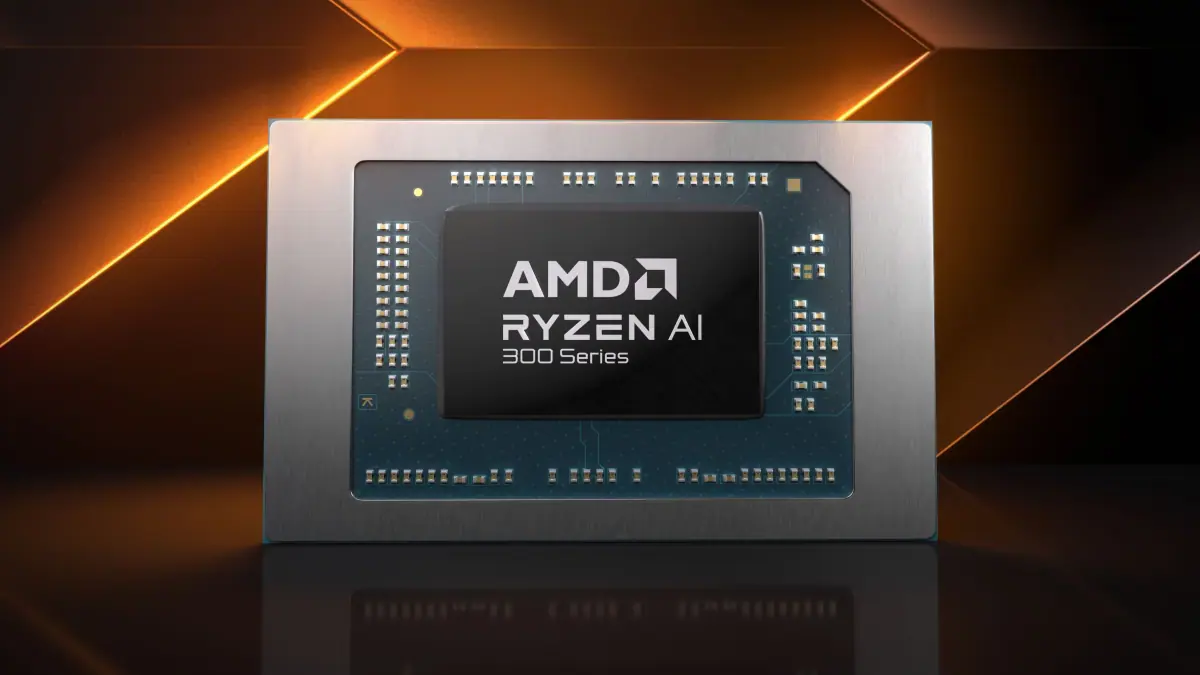




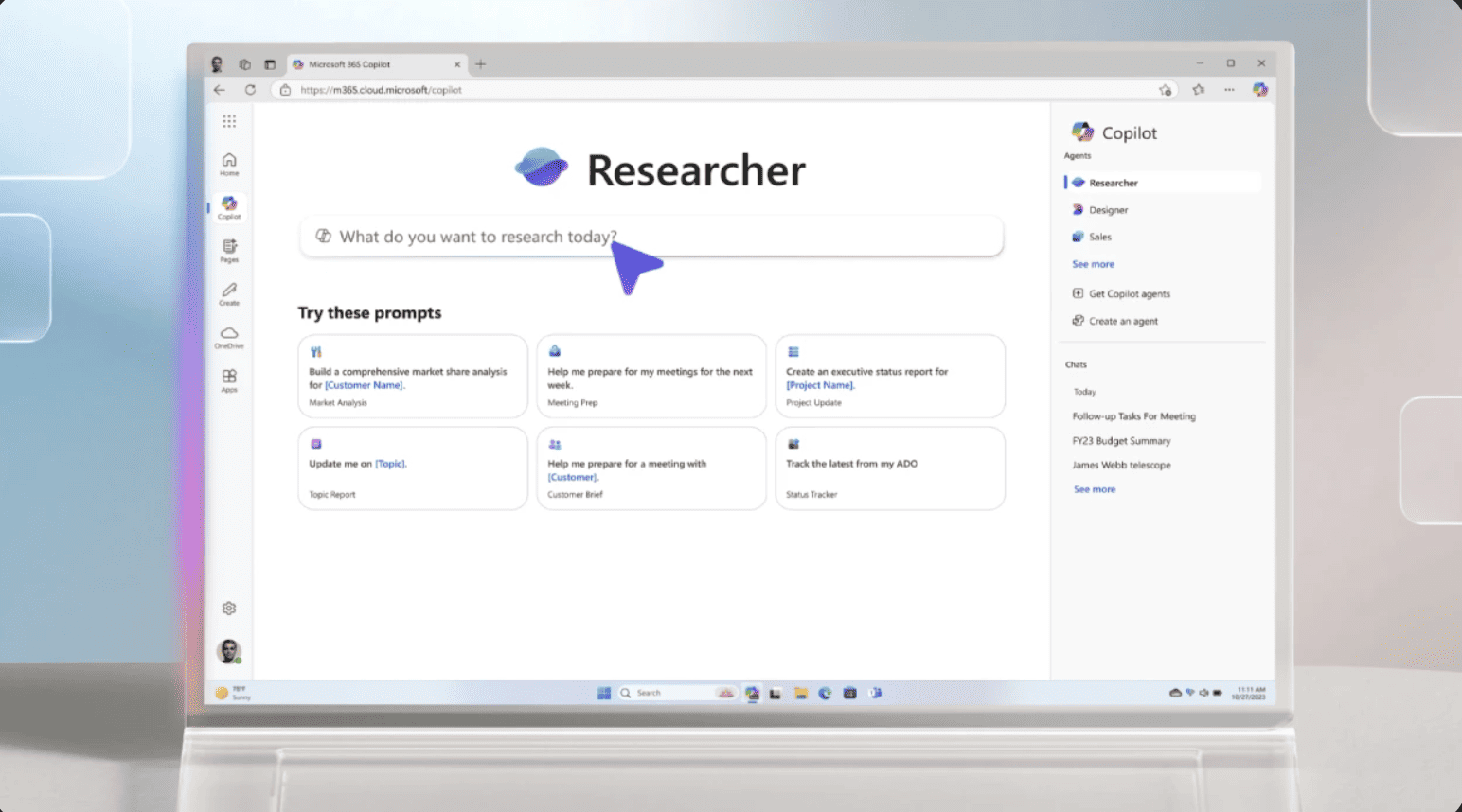
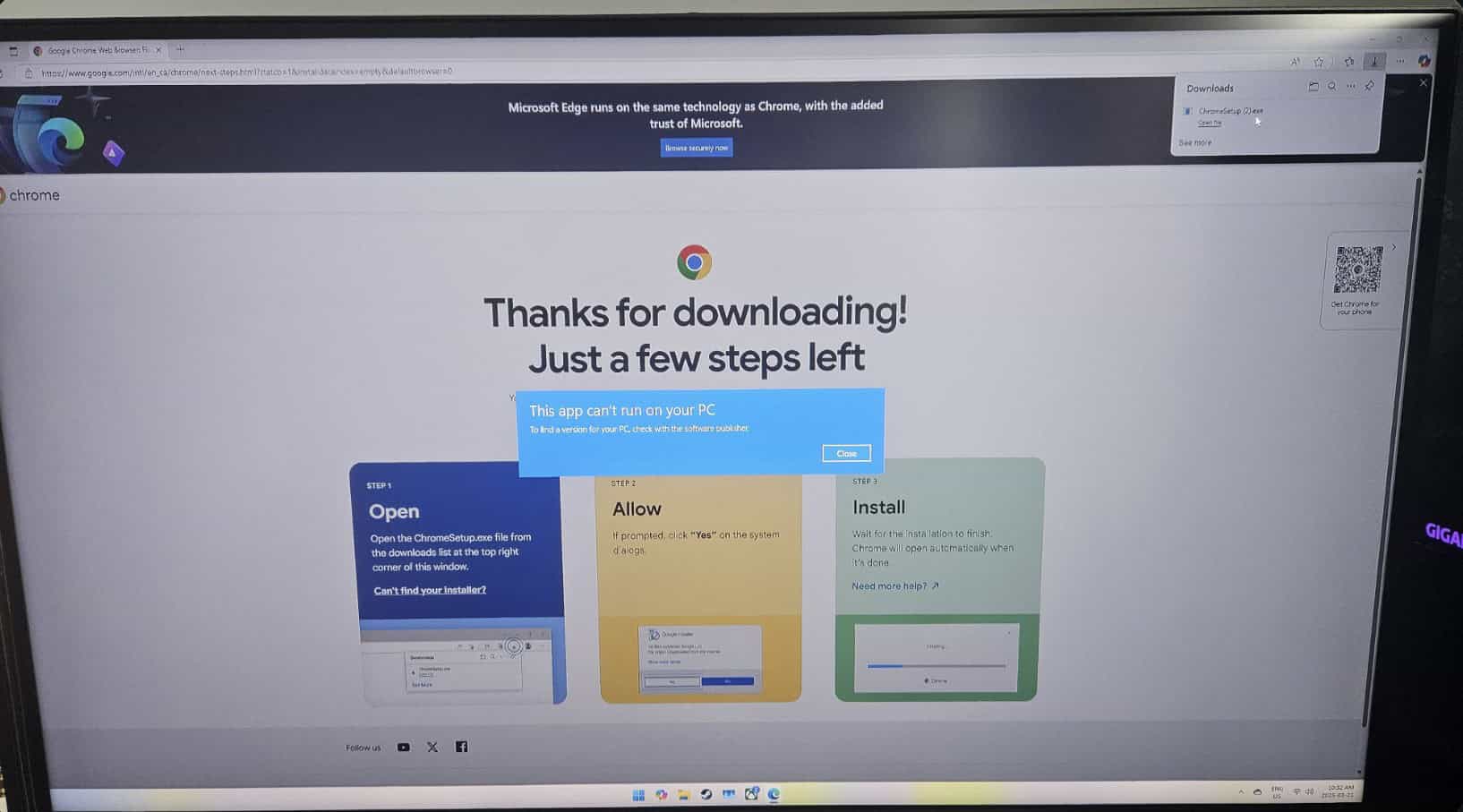
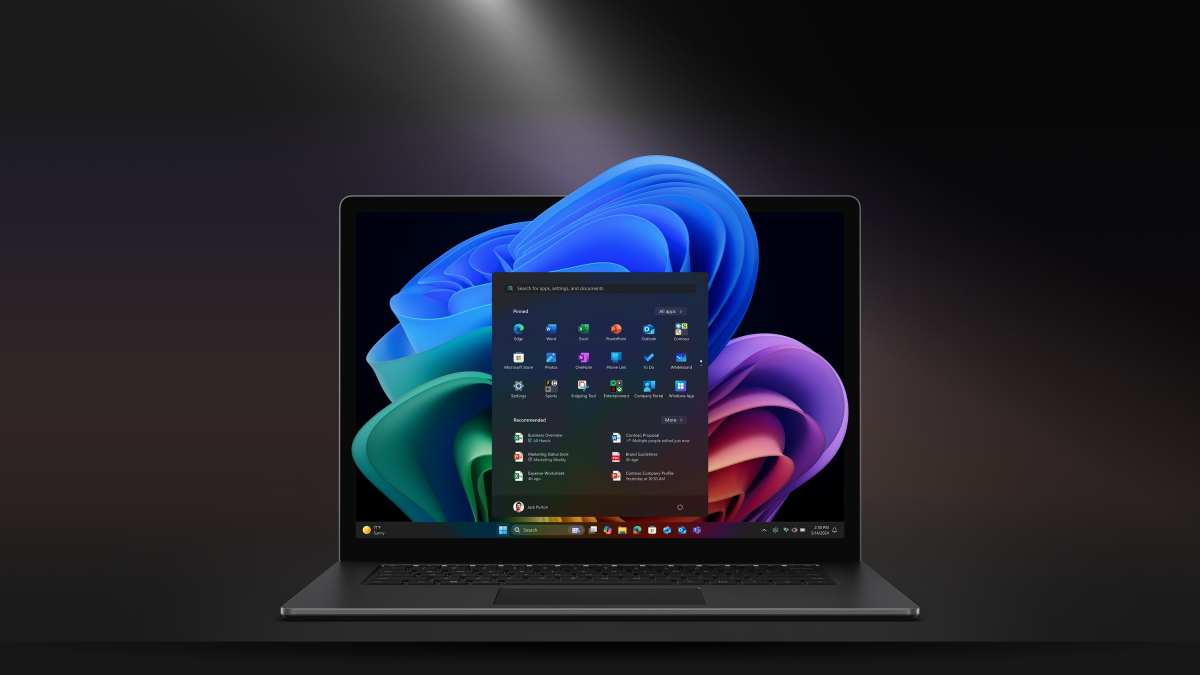
User forum
0 messages